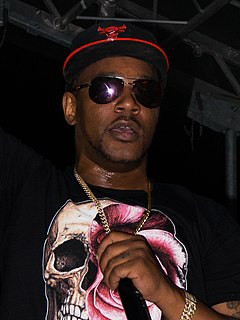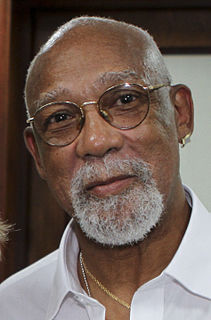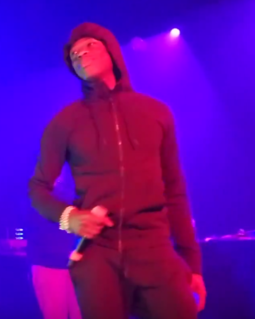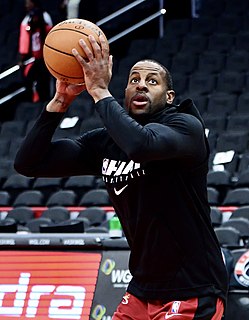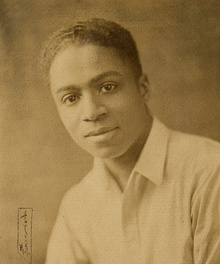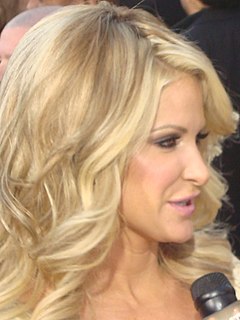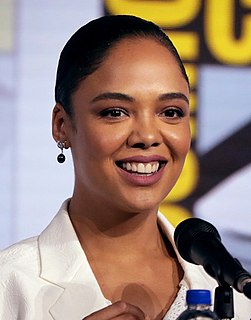A Quote by Cam'ron
Just growing up in Harlem, it didn't matter what you had to do to get fresh - you would do it.
Related Quotes
As a kid growing up and seeing so much strife taking place in society, and particularly on Blacks and people of color, I had an opportunity as a young man to witness the change that was taking place in Harlem, the exodus of white folks leaving Harlem, which I thought was a very cohesive situation. But they felt that they needed to leave.
People are too afraid of uptown. A lot of people will tell you, like, "Don't go to Harlem. You can never go there. 'Cause as soon as you get there, they kill you." That's what people think. As soon as you arrive in Harlem, someone just stabs you in the face right away. That's people's image of Harlem: just everyone standing around waiting for lost white people to kill all day. "Did you see any? I didn't either."
